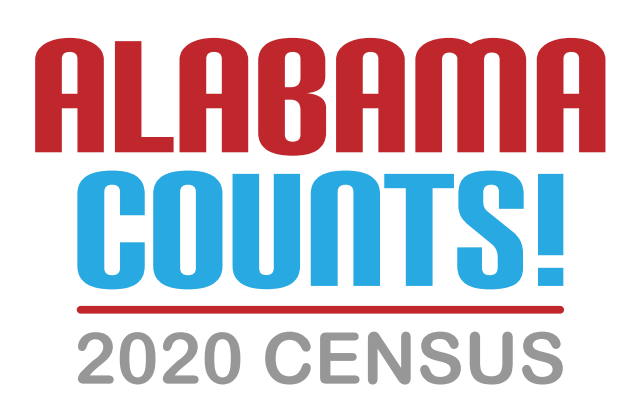By Yvonne Taunton
UAB News
In the wake of the global pandemic, COVID-19, which is affecting every state, Alabama is facing a unique challenge in getting its residents to fill out the 2020 Census.
“Because we’re in a rural state, in some areas, people lack adequate internet access, and Census takers generally have a hard time following up with people who live in those rural areas,” said Peter Jones, Ph.D., assistant professor in the University of Alabama at Birmingham’s College of Arts and Sciences Department of Political Science and Public Administration.
But in many cases, those are the individuals the state of Alabama needs to count because they are eligible for — and need the services provided by — federal funding.
Jones says it is important to note that federal funding does not just support low-income individuals.
“The federal government funds programs that provide assistance for all kinds of Americans,” Jones said. “For example, farmers receive subsidies to help reduce the risks they face with inclement weather or changes in crop demand, and veterans are eligible for a range of federal assistance. And for the people in Alabama who don’t receive federal assistance, the money spent through federal programs generates economic activity for the state.”
According to the United States Census Bureau, once a decade, America collectively counts every resident in the United States, developing national awareness of the importance of the Census and its value to each citizen.
Beginning in mid-March, homes across the country received invitations to complete the 2020 Census, which can be accomplished from your home in one of three ways: online, by phone or by mail.
“In 2010, Alabama had 72 percent of people fill out the Census,” Jones said. “The national average was 74 percent. If we continue to lag behind, Alabamians will be undercounted in 2020.”
Distribution of federal money through funding formulas is also a big issue for Alabama, Jones said.
“Alabama’s Census count will help determine the state’s share of federal aid, and those federal dollars are crucial to the economic health of Alabama,” Jones said. “Over one-third of Alabama’s state budget is funded with transfers from the federal government. In 2017, Alabama received over $10 billion in federal aid. And federal aid tends to be a good deal for Alabamians, as Alabama ranks as one of the most federally dependent states, meaning we pay far less in federal taxes per capita than we receive in federal aid per capita.”
Much of economic and social science research relies on Census-related data. Jones says, to understand how we fund education, for example, we need data about who lives in a school district or county since observable characteristics about our population — race, gender, age and income — are related to our tax preferences.
“In the world of big data, collecting data using advanced analytic techniques has become easier and cheaper; but the quality of the data can sometimes be suspect,” Jones said. “The Census collects a wealth of information about who lives in the United States, and because the data are collected in such a thorough way and reviewed by the Census Bureau, the quality of Census data is incredibly high.”
Jones says Census data may help us better understand if there might be voting rights violations.
“If we know a county has a certain percentage of African Americans — based on the census — and we observe a lower percent of African American voter turnout, we would need to look into what was causing that difference,” Jones said. “The Census data allows for us to observe differences we might not see with state or local data, assuming the state and local data exists and is available.”
Ultimately, the 2020 Census will be a snapshot taken by the federal government; therefore, the federal Census data can act as a check on local and state data.
Your response matters.
To learn more about how you can participate in the upcoming 2020 Census, visit 2020census.gov.





